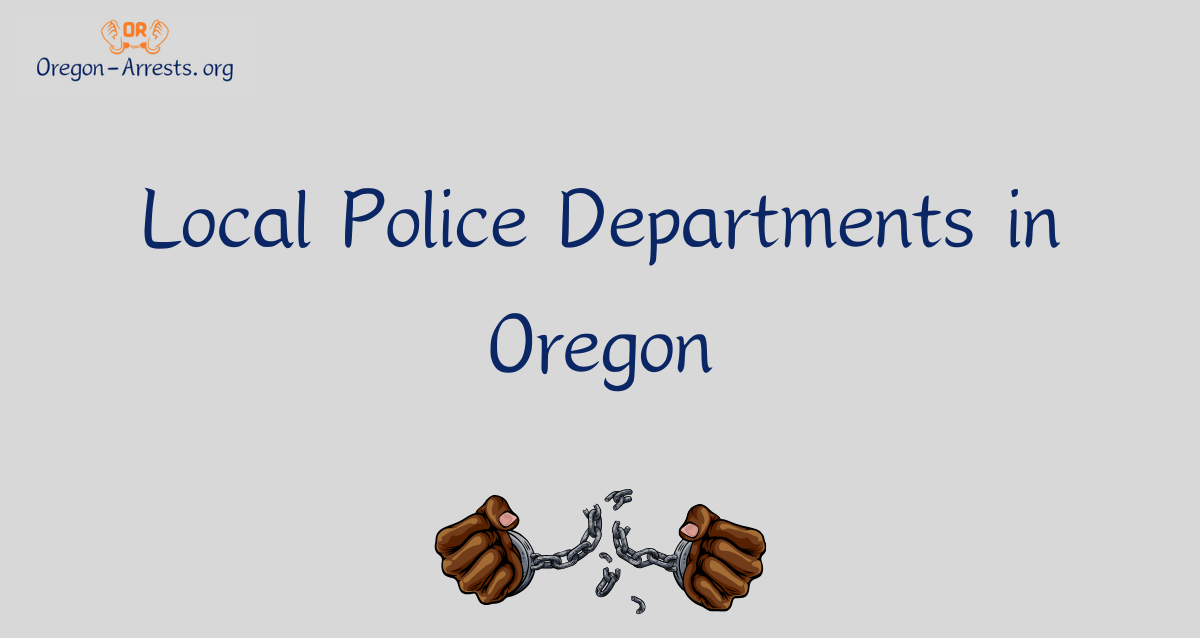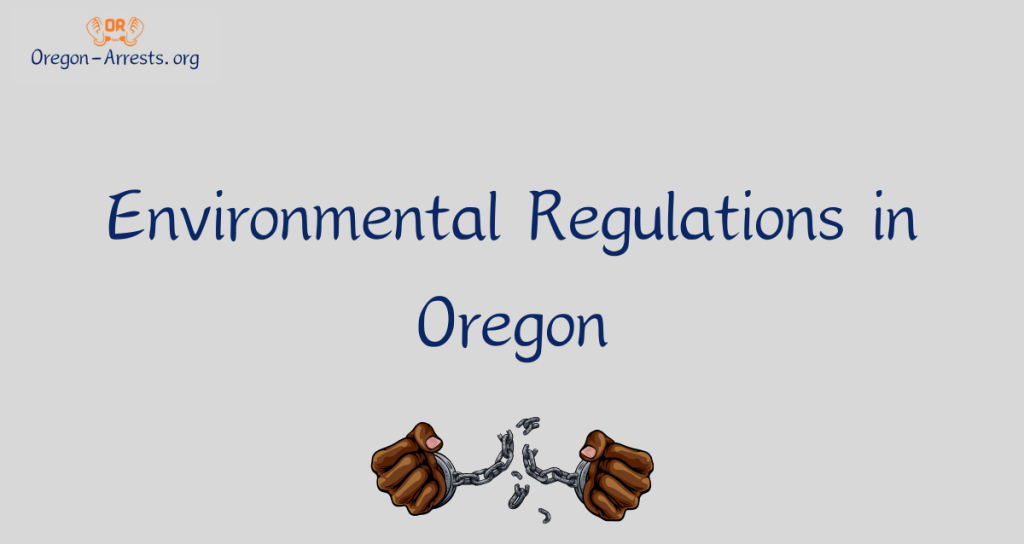Local Police Departments in Oregon
Local police departments are crucial in maintaining law and order within their communities. In the state of Oregon, these departments have a rich history, a diverse set of responsibilities, and unique challenges. This article will explore the world of local police departments in Oregon, exploring their structure, responsibilities, challenges, and initiatives that make them an integral part of the community.
Local police departments in Oregon are vital components of the state’s law enforcement infrastructure. They are responsible for ensuring the safety and security of their communities, responding to emergencies, and upholding the law. Let’s look at these departments and gain a deeper understanding of their role and significance.
Historical Background
The Evolution of Local Policing in Oregon: Oregon’s local police departments have a history that dates back to the state’s early days. Initially, law enforcement in Oregon was rudimentary, with volunteers and local militias handling policing duties. Over the years, as the population grew, the need for organized law enforcement became evident.
Milestones in the Development of Police Departments: Several milestones marked the development of police departments in Oregon. The establishment of the first official police department, the adoption of modern policing methods, and the incorporation of new technologies have all contributed to the evolution of local law enforcement.
Structure of Local Police Departments: Local police departments in Oregon have a structured hierarchy. The top positions are typically held by a chief of police or a sheriff, depending on whether the department is city-based or county-based. Below them are various divisions, each specializing in specific aspects of law enforcement, such as patrol, investigations, and community engagement.
Responsibilities of Local Police Departments
Law Enforcement Duties: The primary responsibility of local police departments is to enforce the law. This includes responding to emergency calls, conducting investigations, making arrests, and ensuring public safety.
Community Engagement and Crime Prevention: Local police departments also engage with the community to build trust and prevent crime. Community policing initiatives involve officers working closely with residents to address concerns, solve problems, and create a safer environment.
Challenges Faced by Local Police Departments
Budget Constraints: One of the significant challenges faced by local police departments in Oregon is budget constraints. Limited funding can affect staffing levels, equipment, and the ability to implement innovative programs.
Community Relations and Trust Issues: Building and maintaining trust within the community can be challenging. Police misconduct or controversial incidents can strain relations, making community policing efforts crucial.
Technology and Innovation: Modern local police departments in Oregon utilize advanced technology and innovative techniques. This includes using body cameras, data analytics, and predictive policing methods to improve efficiency and effectiveness.
Training and Recruitment
Requirements for Becoming a Police Officer in Oregon: Becoming a police officer in Oregon involves meeting specific requirements, including completing training academies, passing background checks, and demonstrating physical fitness and mental aptitude.
Ongoing Training and Development: Police officers in Oregon undergo continuous training to stay updated on legal changes, new technologies, and evolving law enforcement strategies.
Community Policing Initiatives: Local police departments actively participate in community policing initiatives. Programs such as neighborhood watch, school resource officers, and youth engagement activities help foster positive relationships with the community.
Success Stories: Local police departments in Oregon have achieved notable successes in crime reduction, community outreach, and innovative problem-solving. These successes showcase the dedication and hard work of law enforcement professionals.
Community Outreach and Support: Efforts to engage with the community and gain their support are ongoing. Local police departments organize events, workshops, and forums to facilitate dialogue between officers and residents, ultimately creating safer neighborhoods.
Transparency and Accountability: Local police departments in Oregon prioritize transparency and accountability. Measures such as body cameras, civilian oversight boards, and internal affairs investigations are in place to ensure officers are held accountable for their actions.
Collaboration with Other Agencies: Local police departments collaborate with federal and state agencies on various initiatives, including drug enforcement, human trafficking investigations, and disaster response. These partnerships enhance the effectiveness of law enforcement efforts.
Public Perception and Media Coverage: The public perception of local police departments is influenced by media coverage. Balanced reporting and constructive dialogue between law enforcement and the media are essential to portray their work accurately.
Future Challenges and Opportunities: Looking ahead, local police departments in Oregon face challenges such as adapting to technological advancements, addressing evolving crime trends, and fostering greater community cooperation. Opportunities exist for continued innovation and community-centered policing.
FAQ’s
How do I contact my local police department in Oregon?
You can contact your local police department in Oregon by dialing the non-emergency phone number provided by your city or county. Contact information can be found on the department’s official website or by visiting your local police station in person.
What services do local police departments in Oregon provide?
Local police departments in Oregon provide a wide range of services to ensure public safety and enforce the law. Some standard services include emergency response, crime prevention, traffic enforcement, investigations, community outreach programs, and assistance to victims of crime.
How can I report a crime to my local police department in Oregon?
To report a crime in Oregon, you can call 911 for emergencies or the non-emergency number provided by your local police department. Providing accurate and detailed information about the incident is essential to help the police respond effectively.
Can I request a police report from my local police department in Oregon?
Yes, you can request a copy of a police report from your local police department in Oregon. Each department may have different procedures for obtaining police reports, so it’s best to check their website or contact them directly for specific instructions.
Are local police departments in Oregon involved in community policing efforts?
Many local police departments in Oregon actively engage in community policing efforts. They work closely with community members and organizations to build trust, prevent crime, and address local concerns. Community policing initiatives may include neighborhood watch programs, community events, and partnerships with schools and businesses.
How can I join the local police department in Oregon?
Suppose you’re interested in becoming a police officer in Oregon. In that case, you’ll generally need to meet specific requirements, such as being at least 21 years old, having a high school diploma or equivalent, and passing a background check. The application process may vary by department, so visiting their website or contacting their recruitment office for more information is recommended.







